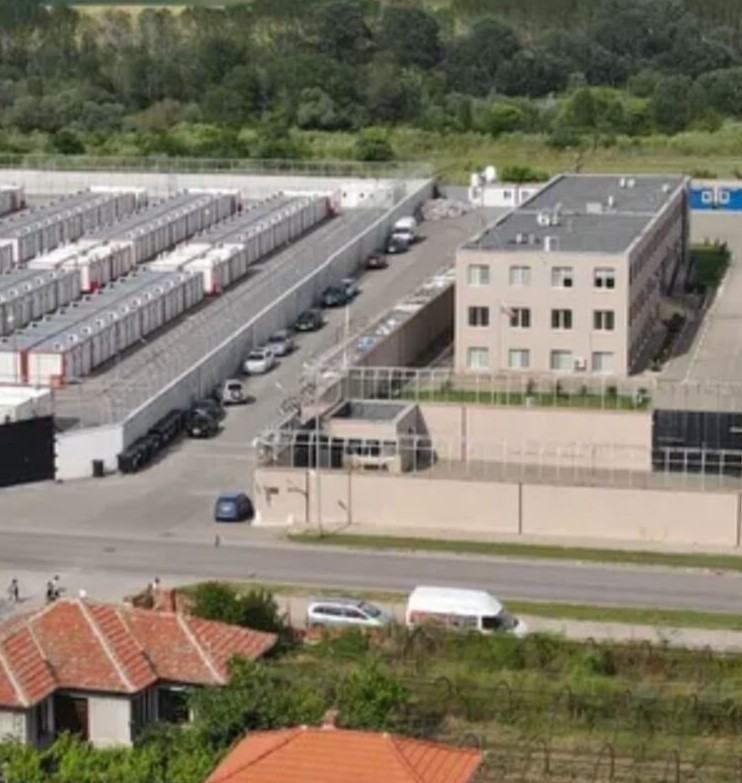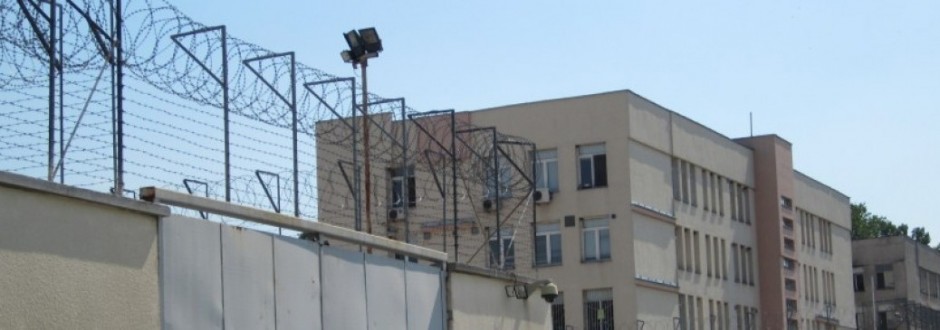At the end of March 2024, Romania and Bulgaria will no longer be subject to border controls when crossing the sea and air borders into European countries that belong to the so-called Schengen area. This is a success for the two Balkan states, which have been members of the EU since 2007. However, research shows that at least in the case of Bulgaria, there has been less scrutiny of human rights violations, and that there were no serious violations of human rights when the country joined the Schengen area. The country’s admission to the Schengen area is primarily about securing the EU’s external borders.
Bulgaria has been a focal point for migration movements for years, as its geographical location on the border with Turkey makes the country on the Black Sea an important transit country for refugees seeking to enter the EU. As the Mediterranean is considered the most dangerous escape route in the world, many people choose the overland route, often to Bulgaria. Although there are no official statistics on this, the Bulgarian Ministry of the Interior published corresponding data in January. According to this, the Bulgarian border police prevented around 180,000 “illegal“ entry attempts by migrants in 2023. There were already 5,000 this year. The Bulgarian authorities are being supported by the largest land operation of the border protection agency Frontex, „Operation Terra“, with a new border surveillance system and the number of staff involved is to be increased by 500 to 600 from March, as Hans Leijtens, the head of Frontex, recently announced.
Time and again, people fleeing are forcibly returned to Turkey without checking whether they want to apply for asylum. This process is actually illegal, as it violates the principle of non-refoulement, which is enshrined in international law. Leijtens, who was elected Executive Director in December 2022, had promised before taking office on March 1 2023, that there would be no more pushbacks in the EU. His predecessor Fabrice Leggeri, who resigned in April 2022, was accused of covering up such violations. At the time, the European Anti-Fraud Office (Olaf) found that indications of human rights violations were ignored within Frontex. During pushbacks in the Aegean Sea, there had been instructions to look the other way, and illegal behavior by national border protection authorities had been covered up. Leggeri, who has resigned, is now running for the far-right Rassemblement National Party in France in the upcoming European Parliament elections.
However, it is questionable whether anything has changed in Frontex’s usual practice under him. According to research by Bulgarian journalist Maria Cheresheva and researcher Luděk Stavinoha from the British University of East Anglia for the Balkan Investigative Reporting Network (BIRN), pushbacks that Frontex and the EU Commission were actually aware of were consistently ignored, particularly in relation to Bulgaria. Obviously, Bulgaria’s chances of joining the Schengen area were not to be jeopardized. This is evidenced by internal documents containing vivid details of alleged brutalities committed by Bulgarian border officials during Frontex operations. There were also violent incidents in Bulgaria after Leijtens took over Frontex. The European Union Agency for Fundamental Rights, which advises national EU governments and EU institutions on human rights issues, and the EU Commission were obviously aware of the human rights violations. According to the report, Frontex Fundamental Rights Officer Jonas Grimheden had regularly voiced his concerns to the Frontex Management Board, in which the Commission is also involved.
For some people on the run, the journey through Bulgaria ended fatally. Over the past two years, at least 93 people have died while fleeing on Bulgarian soil, according to findings published at the end of last year by a research collective with the participation of ARD’s Vienna studio and Radio Free Europe/Radio Liberty. The majority died from the hardships of the long distances that the migrants had to cover on foot over mountains and through forests, but some refugees also died as a result of contact with the Bulgarian border police. Recently on the 30th of March 2024, the 17 years old Fadi Abbas Al-Daher from Syria died at a location between the Bolyarov villages of Malko Sharkovo and Mamarchevo, as reported by the Mission Wings Foundation.
Instead of scandalizing human rights violations before Bulgaria’s Schengen accession, Commission President Ursula von der Leyen called on the EU countries in September 2023 to admit Bulgaria and Romania to the Schengen area without delay. Both countries have been striving to join for more than a decade. At the beginning of last year, they offered to implement a pilot project to prevent „irregular arrivals“ and to strengthen border and migration management as well as accelerated asylum procedures and the swift deportation of those rejected. Bulgaria received 69.5 Million Euros to implement the project. The EU Commission has since announced that further funds will be allocated to Bulgaria and Romania for the reinforcement and modernization of existing border surveillance systems at the EU’s external borders as well as the purchase of means of transport or operating equipment.

There is also criticism of the pilot project in the European Parliament. Dutch MEP Tineke Strik from the Groenlinks party recently raised the issue of human rights violations at the EU’s external borders. Strik is a member of a group in the European Parliament tasked with reviewing the work of Frontex. A few days ago, she visited a facility as part of the EU pilot project in the small Bulgarian village of Pastrogor on the border with Turkey, where asylum seekers have been undergoing a fast-track procedure since March 2023. The high walls with cameras and barbed wire make the complex, which was built with EU funds back in 2012, look like a prison. Strik fears that the facility could be used as a closed camp, like e.g. the closed center of Lyubimets which is located in the near. The one-sided focus on border controls was to the detriment of the protection of human rights and a humane reception system, as she stated on her Linkedin profile. She had therefore requested a discussion in the Committee on Civil Liberties, Justice and Home Affairs (LIBE) to challenge the European Commission on this matter.
Such concerns are not unjustified. According to the reform of the Common European Asylum System (CEAS) adopted last year, a decision will in future be made within seven days as to whether a person will be directly returned or transferred to the regular asylum procedure after being apprehended in the EU border area. During this time, “identification“ of the person, “health and security checks“ and “the collection of biometric data and registration in the Eurodac database“ are to take place. The European Dactyloscopy fingerprint identification system (EURODAC), including data comparison, is used to prevent refugees from applying for asylum in several EU member states. It is also intended to check in this short time whether the person is particularly vulnerable or has been the victim of torture. In fact, the examination takes place under the legal fiction that the person has not yet entered the country, even though they are already on EU soil. This provides the best conditions for the current practice of looking the other way at the EU’s external borders to continue as before.
